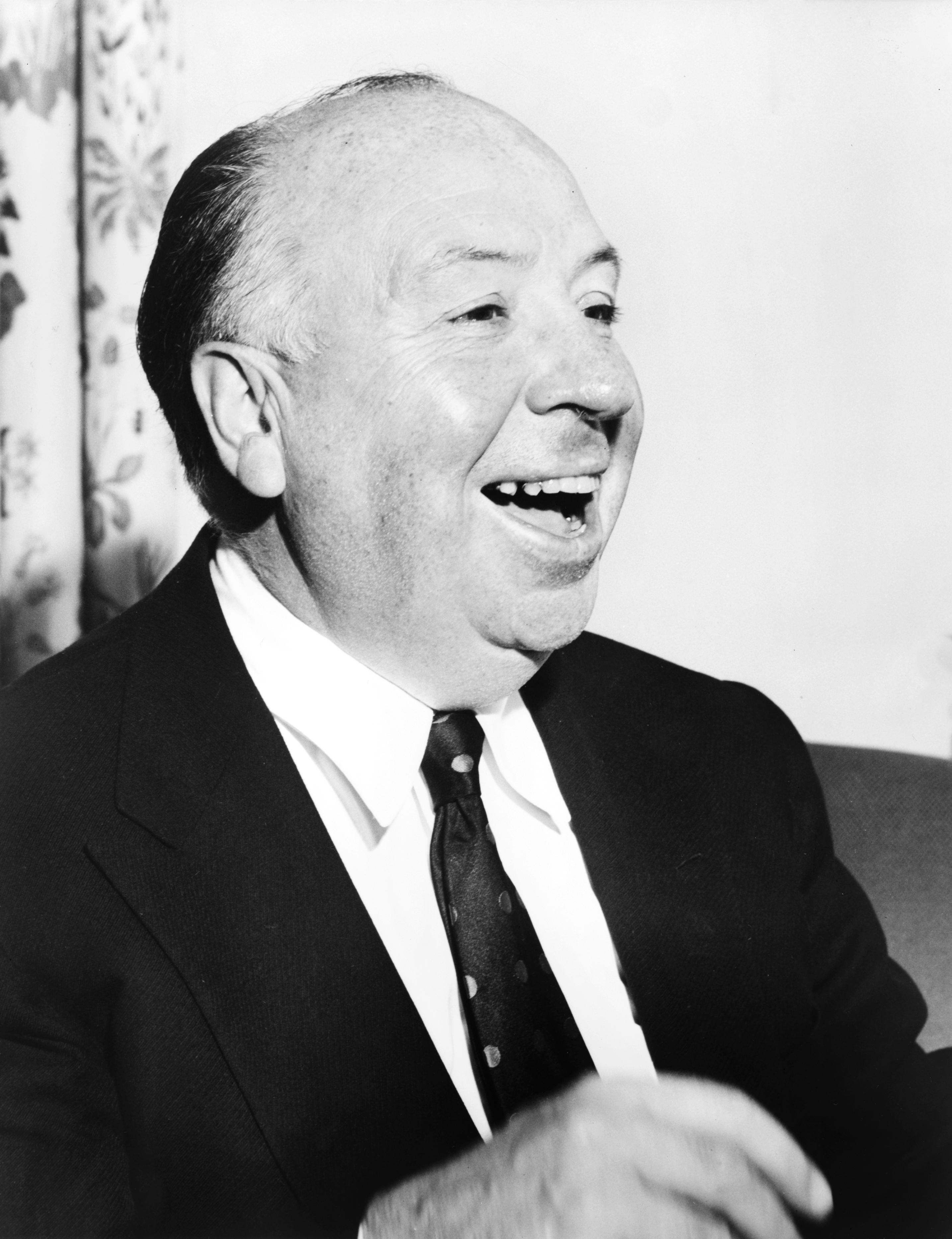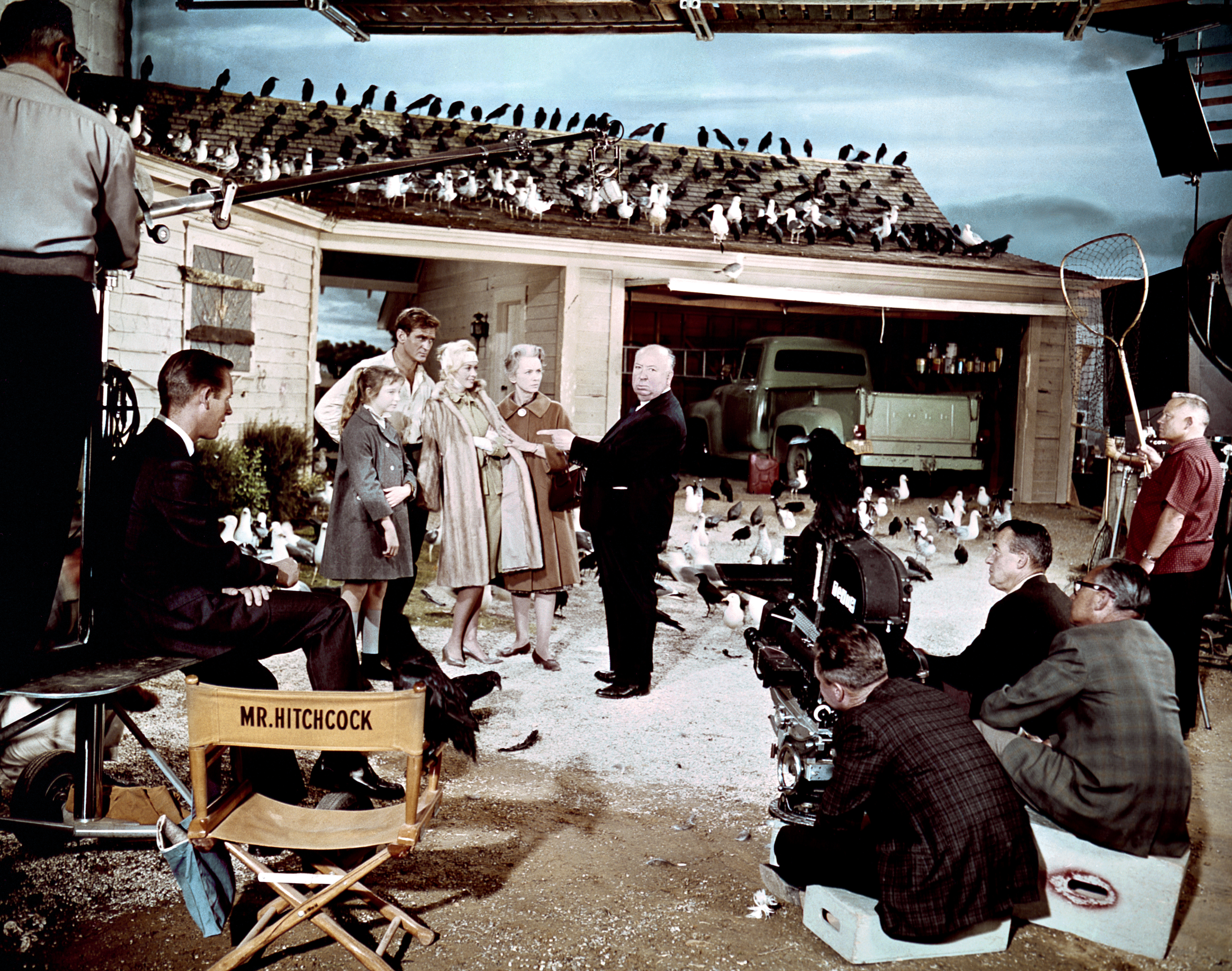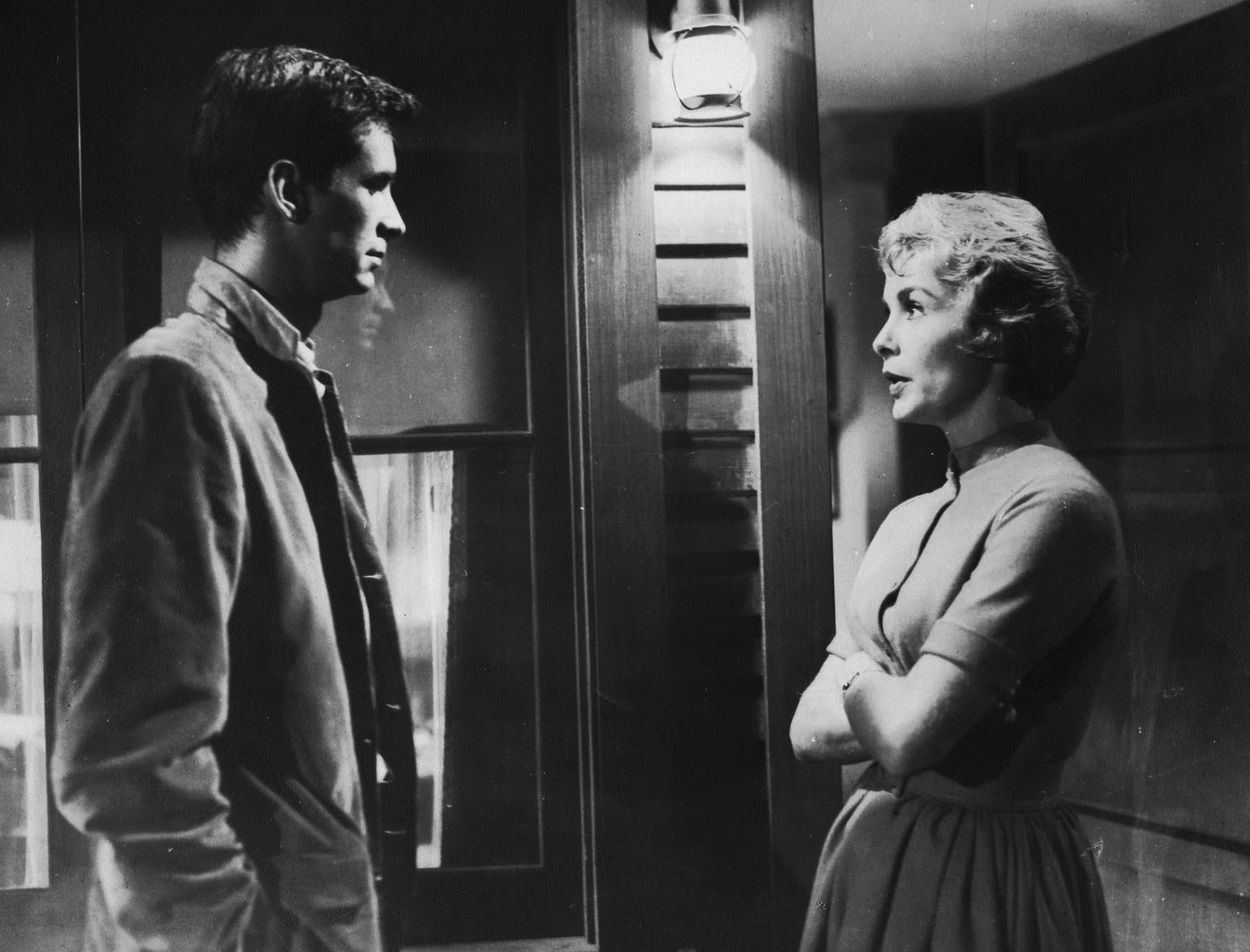Hitchcock, Alfred (1899-1980), was an English-born motion-picture director and producer. He won fame for his thrillers, first in England, and later in the United States.

Hitchcock’s English films, made during the 1920’s and 1930’s, were fast-paced, straightforward melodramas. They featured exciting chases, rather than plot and character development. The Pleasure Garden (1925) was Hitchcock’s first film.
Hitchcock gained his first successes with The Lodger (1926), based on the Jack the Ripper murders; and Blackmail (1929), the first British feature film with sound. Hitchcock got the attention of Hollywood after making the skillful suspense films The Man Who Knew Too Much (1934, remade in 1956), The Thirty-Nine Steps (1935), and The Lady Vanishes (1938).
Hitchcock moved to the United States in 1939 and became a U.S. citizen in 1955. In contrast to his English movies, Hitchcock’s American films probed more deeply into the psychology of the characters and were longer, more complex works. Rebecca (1940), Hitchcock’s first U.S. film, won the Academy Award as best picture. His other major American films include Foreign Correspondent (1940), Suspicion (1941), Shadow of a Doubt (1943), Lifeboat (1944), Spellbound (1945), Notorious (1946), Rope (1948), Strangers on a Train (1951), Rear Window (1954), To Catch a Thief (1955), The Wrong Man (1956), Vertigo (1958), North by Northwest (1959), Psycho (1960), The Birds (1963), Marnie (1964), and Frenzy (1972). Hitchcock never won an Academy Award as best director, but he did receive the Academy’s life achievement award in 1967.

From 1955 to 1962, Hitchcock produced and hosted the 30-minute television series “Alfred Hitchcock Presents.” He continued to produce and host the series from 1962 to 1965 when it became “The Alfred Hitchcock Hour.”

Alfred Joseph Hitchcock was born on Aug. 13, 1899, in London. Queen Elizabeth II knighted him in 1980, and he became known as Sir Alfred Hitchcock. He died on April 29, 1980.
